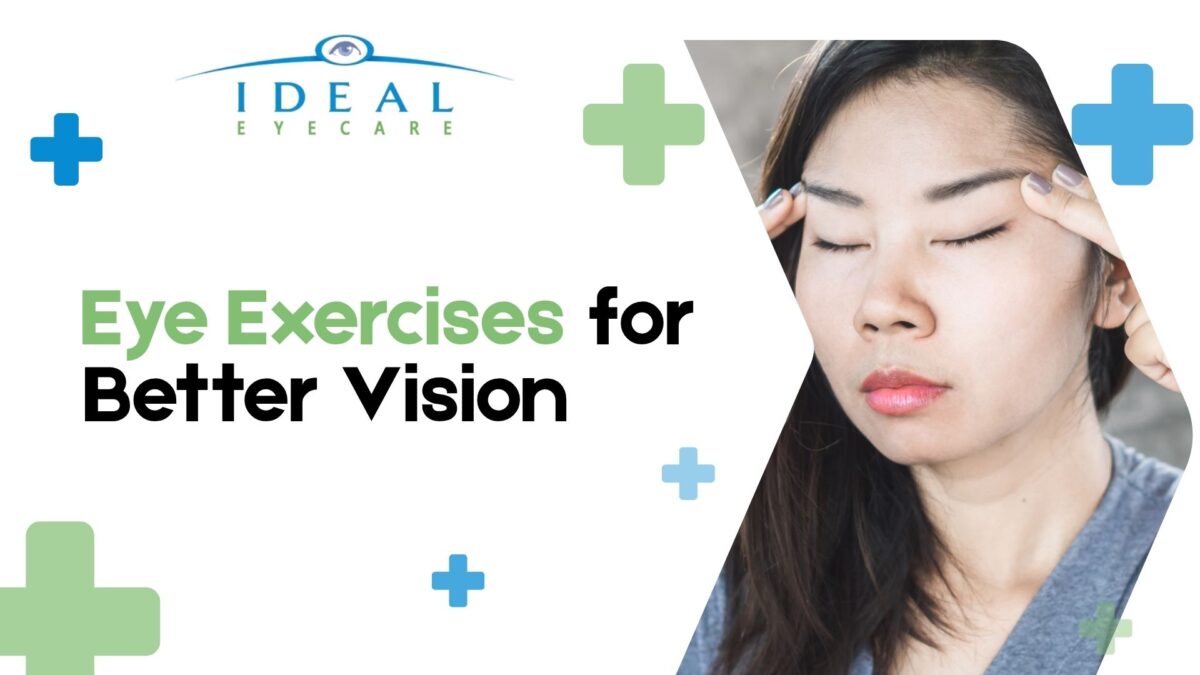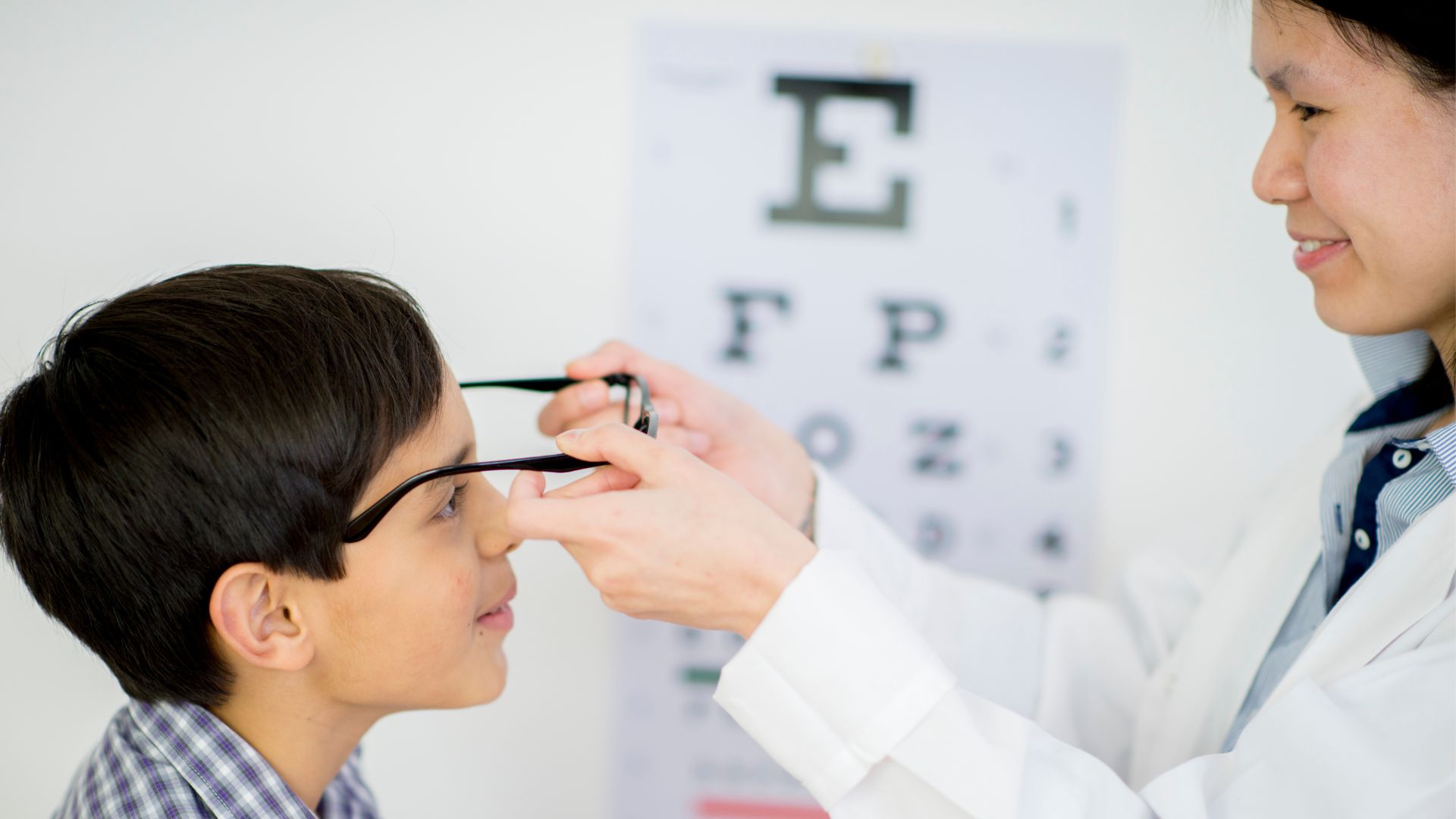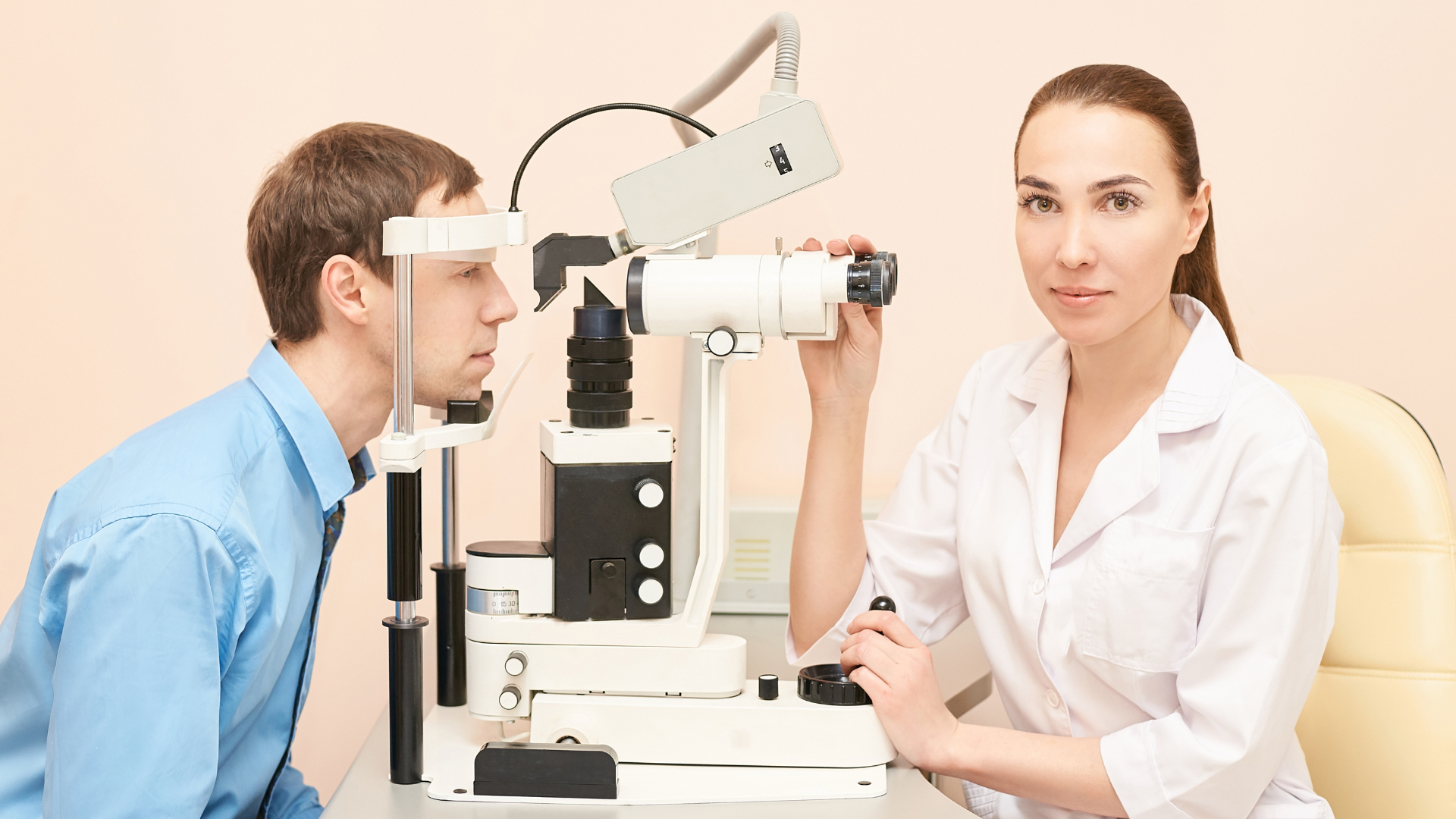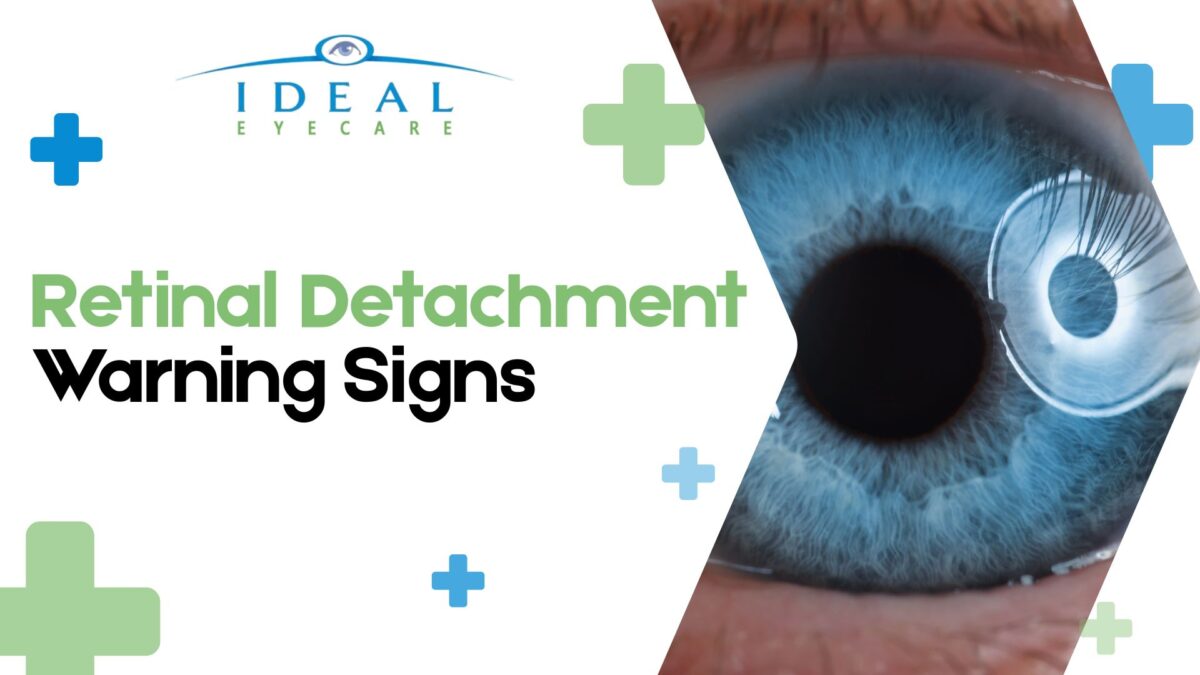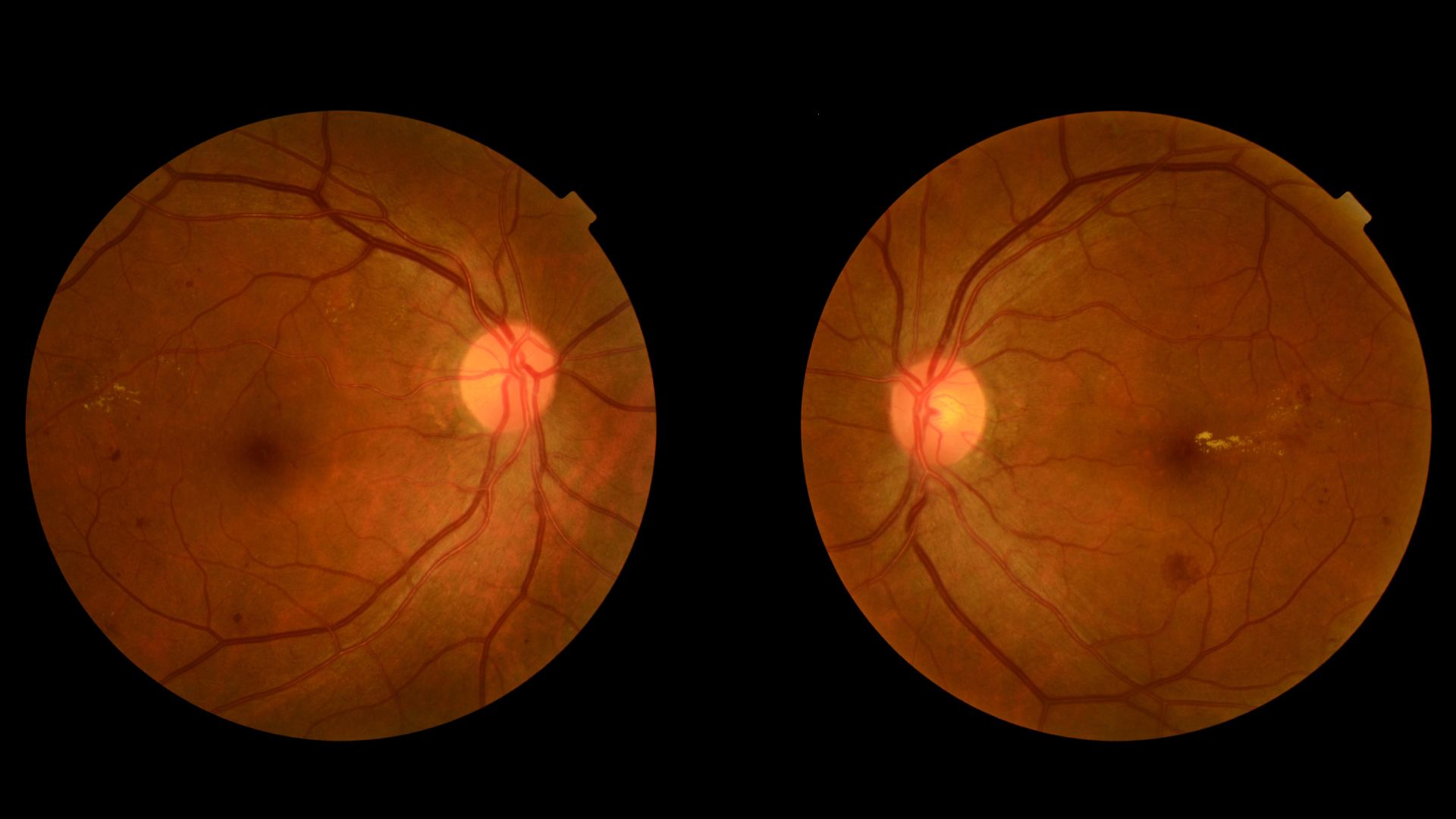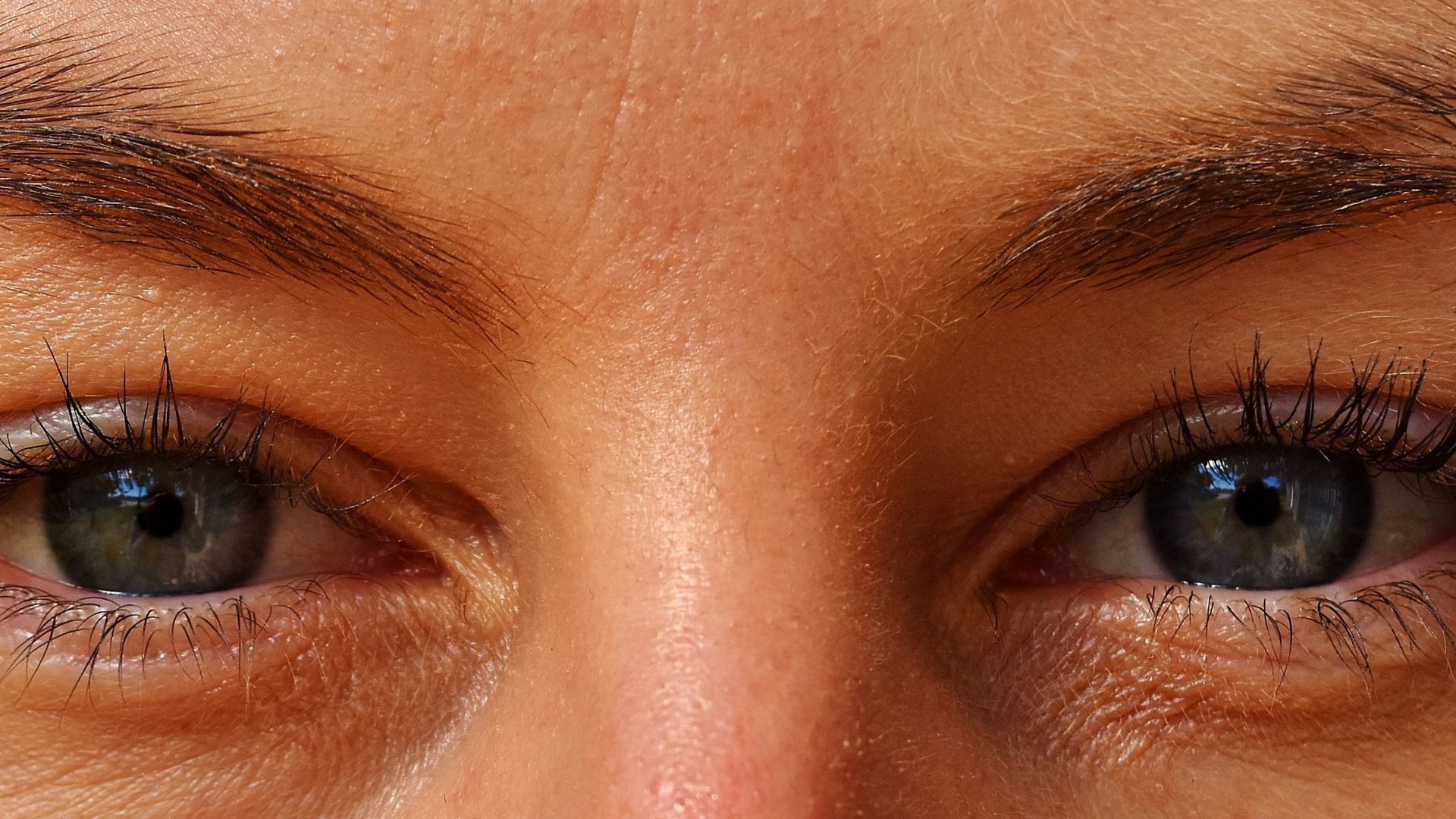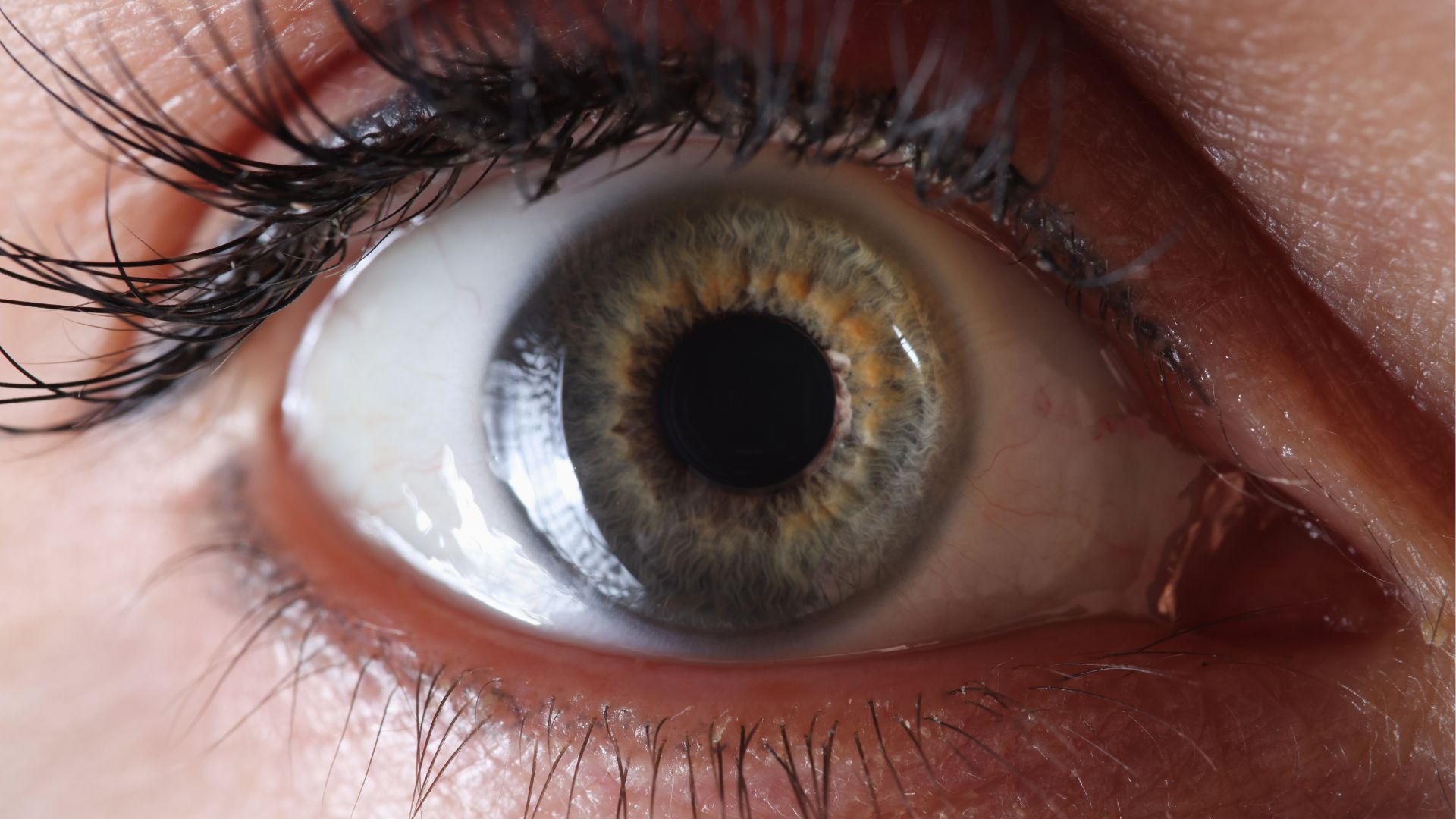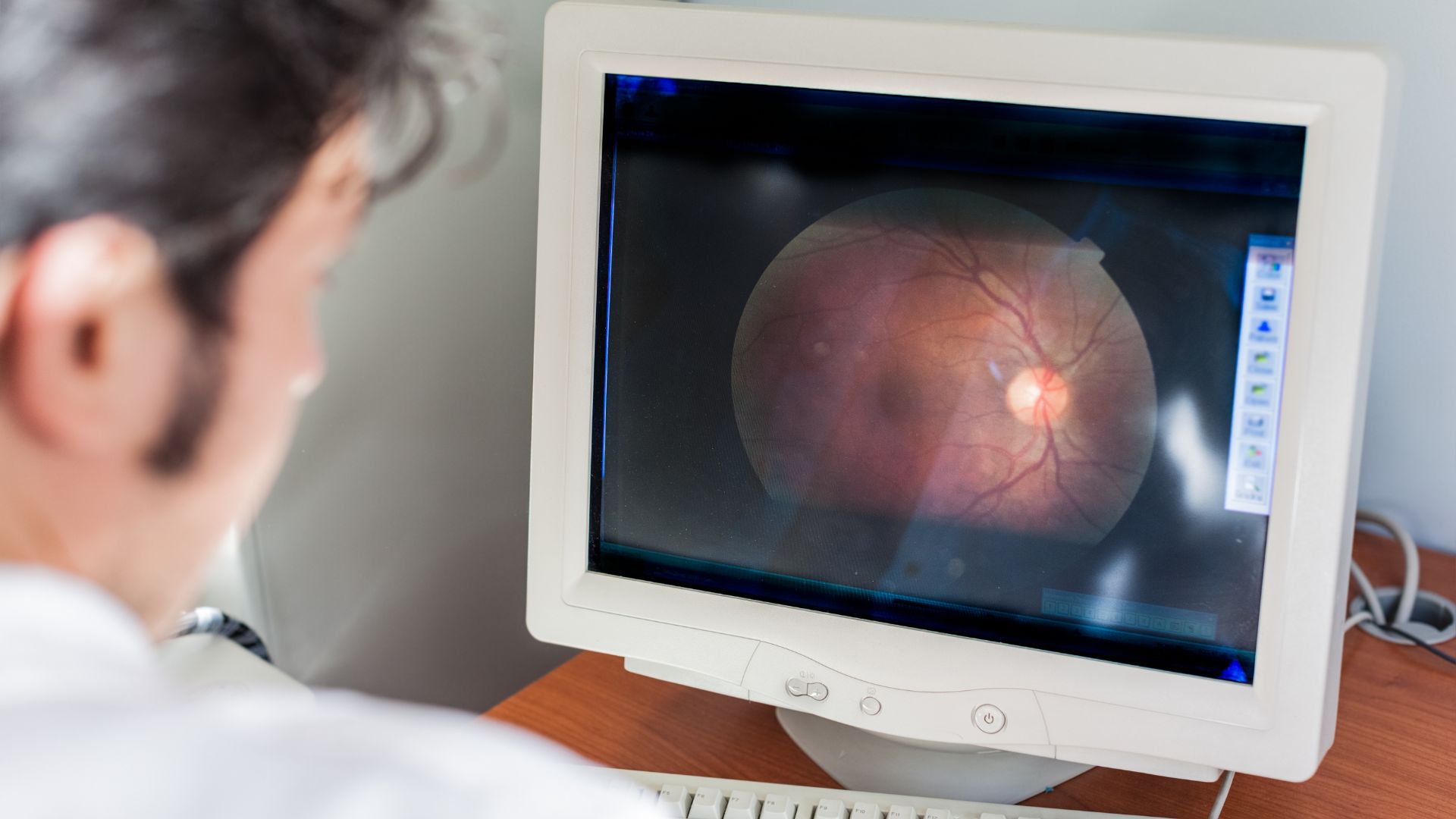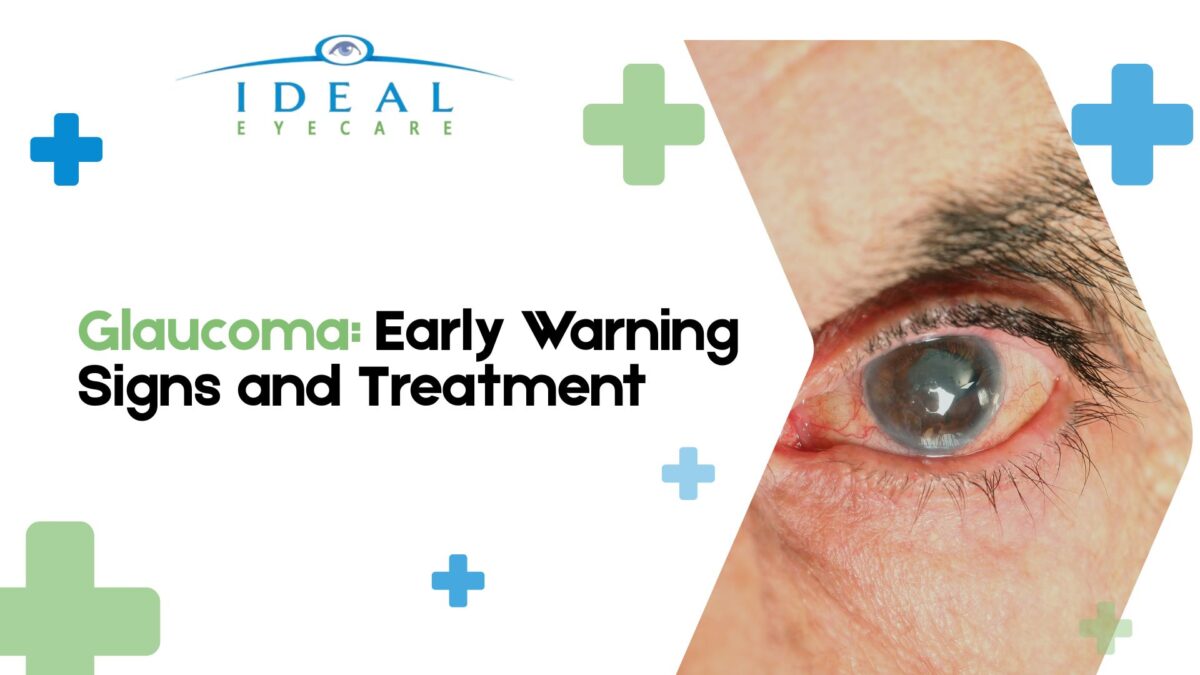
Did you know vision loss from glaucoma cannot be reversed once it occurs? Over 80 million people worldwide live with this condition. Yet, nearly half remain undiagnosed until it’s too late. At Ideal Eyecare in Mississauga, we’ve seen how early action can save sight. But, it’s only if the warning signs are caught early.
Glaucoma quietly damages the optic nerve, often without any symptoms until peripheral vision starts to fade. The Cleveland Clinic says this “silent thief of sight” moves slowly. Mayo Clinic data shows early treatment can cut vision loss risks by up to 60%. Our clinic uses advanced tools to spot small changes in eye pressure and nerve health before problems become obvious.
In Canadian communities like Mississauga, regular eye exams are key to fighting preventable blindness. Our patient-focused approach combines the latest technology with care plans tailored just for you. We aim to keep your quality of life high by managing your eye health proactively.
Key Takeaways
- Glaucoma affects over 80 million globally, with many cases undiagnosed
- Vision loss from optic nerve damage cannot be reversed
- Early detection through regular exams prevents 60% of severe outcomes
- Subtle symptoms often go unnoticed without professional assessment
- Mississauga-based Ideal Eyecare specializes in preventive care strategies
- Treatment effectiveness increases with timely intervention
What Is Glaucoma Symptoms and Why Early Detection Matters
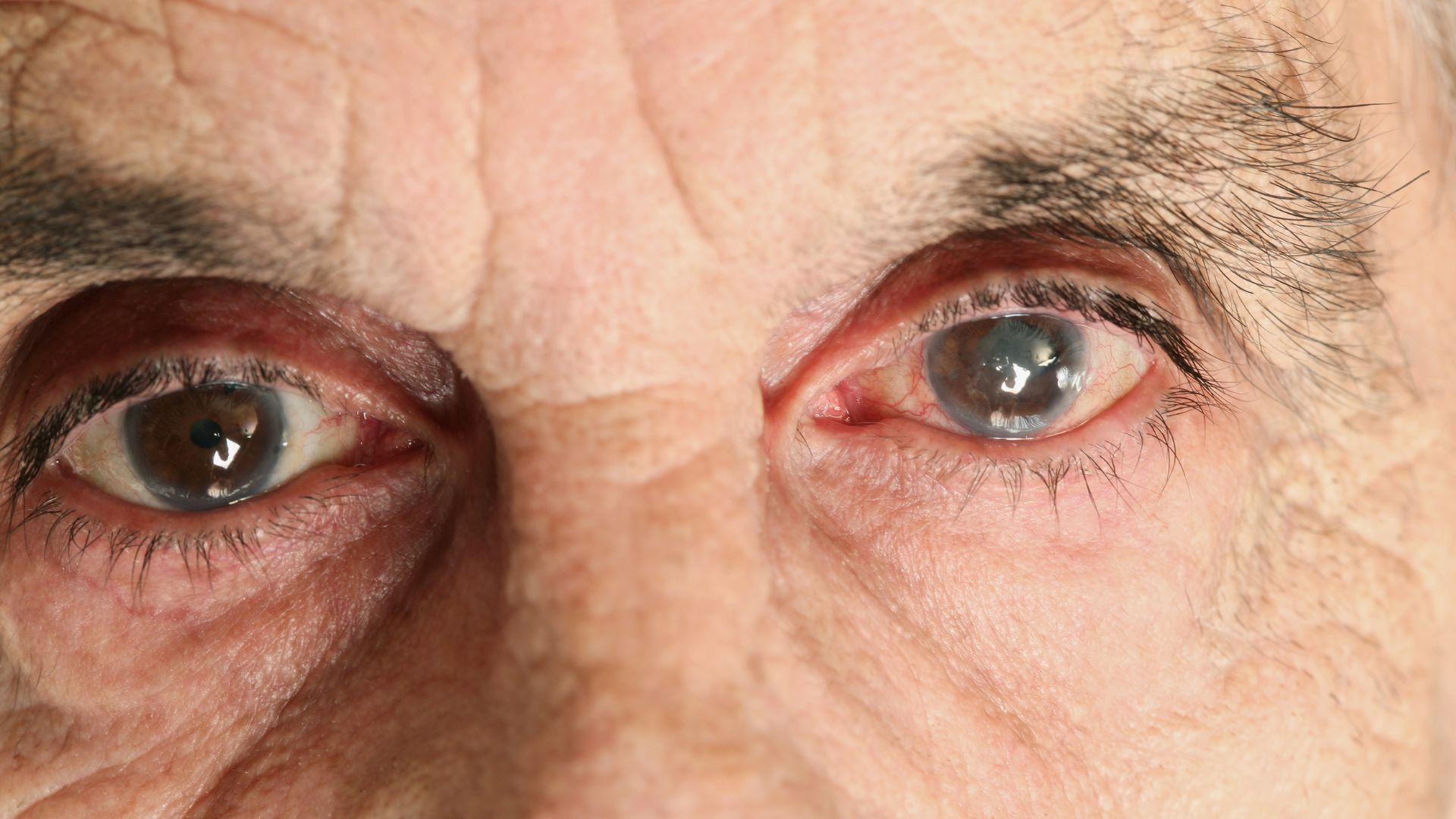
Many Canadians don’t know their eyesight is at risk until it’s too late. Glaucoma often starts quietly, making regular eye exams key to catching it early. At Ideal Eyecare in Mississauga, we use the latest tech to spot changes years before they’re noticed.
Understanding the Stealthy Nature of Vision Loss
Glaucoma harms your optic nerve, the key link between your eye and brain. It happens when fluid builds up, causing pressure that damages nerve fibers slowly. The Canadian Association of Optometrists says 80% of optic nerve damage can happen before any clear signs show.
How Different Types Progress
- Open-angle glaucoma: Develops slowly over years (accounts for 90% of Canadian cases)
- Angle-closure glaucoma: Causes sudden pressure spikes needing emergency care
Spotting Early Glaucoma Signs
You might first notice trouble seeing things to the side or above you. Our clinic uses special tests to catch these vision problems early. These tests can spot changes as small as 5%.
Emergency Symptoms Requiring Immediate Care
- Rainbow-colored halos around lights
- Sudden severe eye pain with nausea
- Blurred vision lasting more than 2 hours
If you see these signs of acute glaucoma, call our Mississauga clinic right away. Delaying treatment for angle-closure glaucoma can lead to blindness in just 24 hours, Mayo Clinic research shows.
Canadian-Specific Risk Factors and Prevention
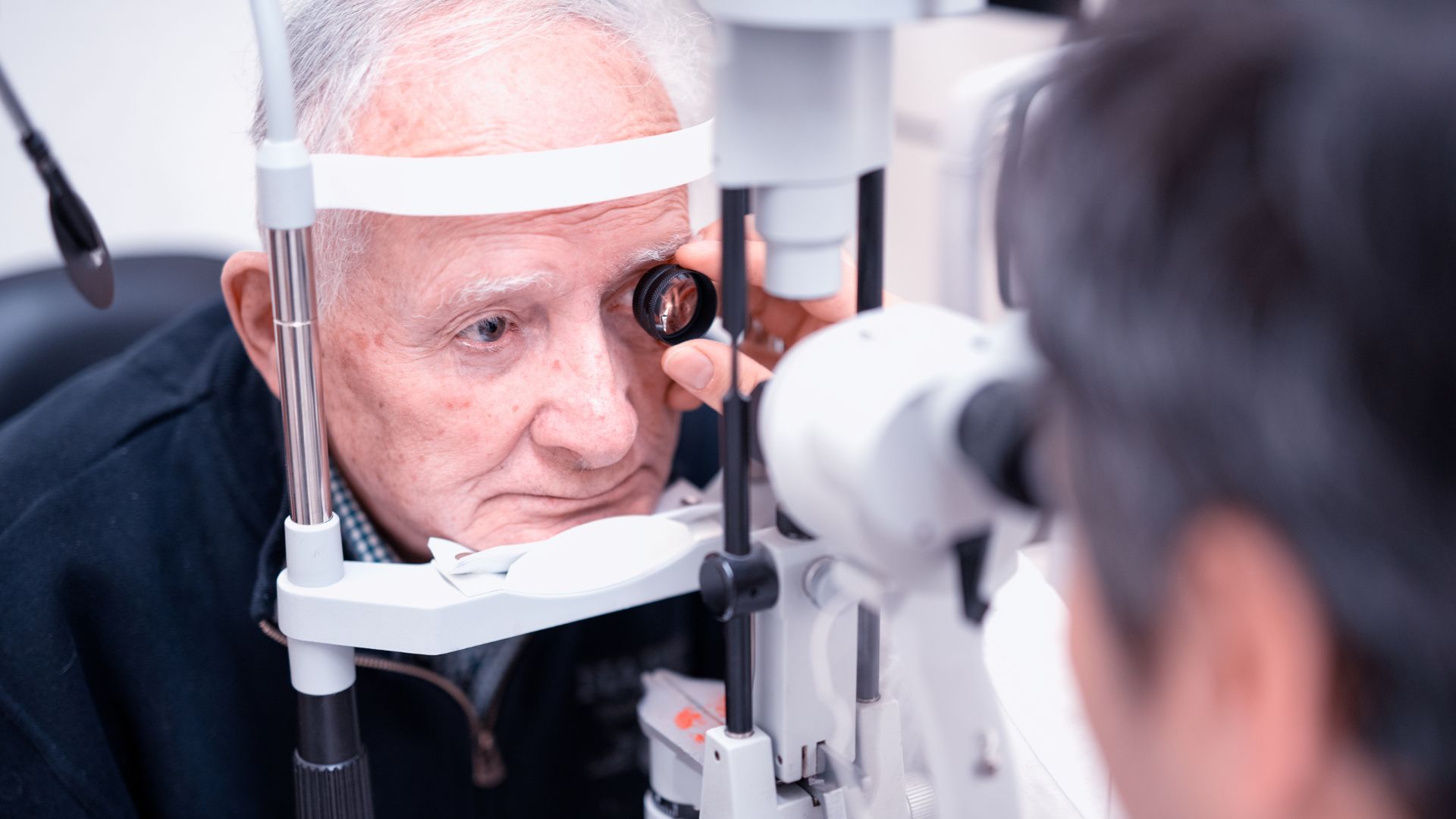
It’s important to know your risk for glaucoma in Canada. Ontario’s aging population and health gaps make prevention key. We’ll look at how to protect your eyes.
Who Faces Higher Risks in Ontario?
22% of Ontarians over 60 show early glaucoma signs. This risk grows to 44% by 70 due to eye changes. Inuit communities face a 3x higher risk, linked to genes and healthcare access.
Key Vulnerabilities by Age Group
- 60-69 years: 18% increased intraocular pressure risk
- 70+ years: 34% higher likelihood of optic nerve damage
- First Nations/Inuit: 40% higher late-stage diagnosis rates
Actions You Can Take Today
While some risks are unavoidable, Health Canada suggests two ways to slow glaucoma:
Movement Matters for Eye Pressure
Moderate exercise like brisk walking can lower eye pressure by 20% for 3+ hours. Avoid poses that raise pressure. Aim for 150 weekly minutes of activity.
Eat for Optic Nerve Health
Health Canada advises these foods for eye health:
- Leafy greens (daily 1.5 cups) for lutein
- Omega-3 rich fish (2 weekly servings)
- Colorful berries (antioxidant boost)
Mississauga’s Ideal Eyecare offers tailored screenings. Regular exams are key to catching glaucoma early, like noticing vision changes.
Advanced Diagnostic Methods at Ideal Eyecare
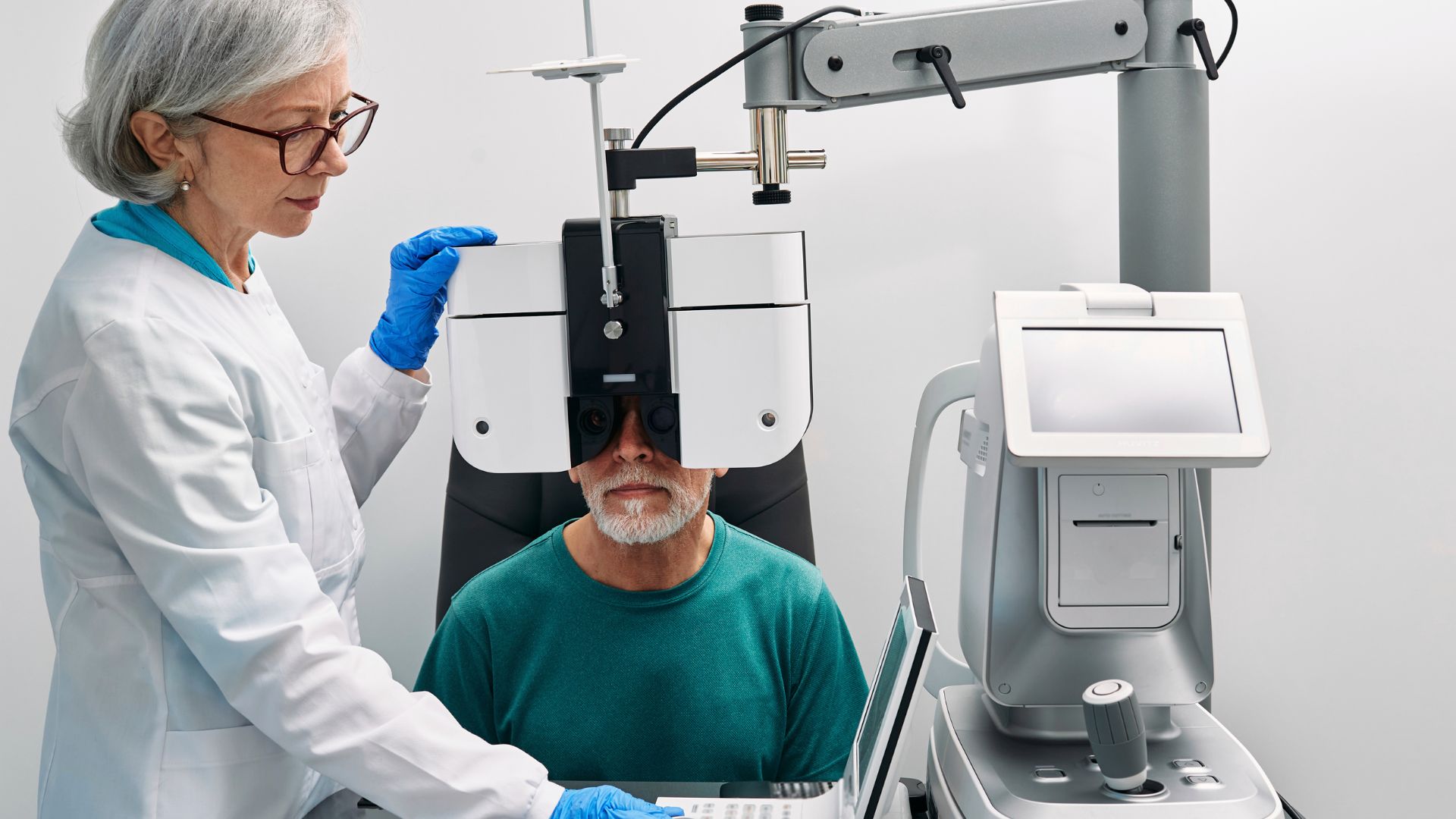
Spotting vision changes early needs precise tools. Our Mississauga clinic uses advanced tech to find common glaucoma symptoms early. This helps keep your quality of life high.
Comprehensive Eye Exam Components
Our diagnostic process starts with three key steps. These steps help map your eye health:
Tonometry Goldmann vs iCare
We use iCare rebound tonometry for quick, pain-free pressure checks. It’s better than Goldmann applanation because it doesn’t need numbing drops. It’s great for those who are sensitive.
Visual Field Testing Protocols
Our Humphrey Visual Field Analyzer uses Cleveland Clinic’s protocols. It checks your peripheral vision loss. You’ll do three tests:
- 24-2 threshold test for general defect detection
- 10-2 grid for central vision analysis
- Macular integrity evaluation for advanced cases
Cutting-Edge Imaging Technology
Our imaging suite gives detailed looks at your eyes. It uses two systems for super-accurate scans.
Optical Coherence Tomography (OCT)
This scan makes 3D maps of your optic nerve and retinal layers. Our Spectralis OCT spots nerve fiber thinning early. It uses Everett & Hurite’s benchmarks.
GDx Nerve Fiber Analyzer Usage
GDx tech looks at structural changes in retinal nerve fibers. It finds damage early, 18-24 months before others can. It’s great for normal-tension glaucoma patients.
Our diagnostic combo finds early-stage glaucoma 94% of the time. This is way better than provincial averages. Regular checks help us make plans to prevent vision loss.
Treatment Options Available in Mississauga

If you’re dealing with glaucoma in Peel Region, there are many ways to protect your sight. Mississauga clinics like Ideal Eyecare offer care plans that fit your needs. These plans include medication, advanced treatments, and ongoing checks, all meeting Canadian health standards.
Medical Management Approaches
Eye drops are a key part of fighting glaucoma. Health Canada-approved drops like latanoprost help by improving fluid flow from the eye. This can lower eye pressure by 25-33% with just one dose a day.
Prostaglandin Analogs Effectiveness
These drops are made without preservatives to reduce eye irritation. Studies show 80% of patients reach the target pressure in three months with regular check-ups.
Combination Drop Therapies
For more complex cases, your optometrist might suggest using two types of drops together. These combinations can include:
- Timolol-brimonidine combinations
- Dorzolamide-timolol formulations
- Custom-compounded solutions
These combinations can reduce how often you need to use drops and help manage eye pressure better.
Laser and Surgical Interventions
When drops aren’t enough, Mississauga clinics offer more advanced treatments. These are covered by provincial health plans.
SLT Laser Therapy Benefits
Selective Laser Trabeculoplasty (SLT) is a quick, 5-minute treatment. It has a 75% success rate in delaying the need for medication. This treatment helps the eye drain fluid naturally without harming the eye.
MIGS Devices Approved in Canada
Minimally Invasive Glaucoma Surgery (MIGS) implants like the iStent inject® W or Hydrus® Microstent offer a permanent solution. Health Canada-approved devices are made of:
- Microscopic titanium scaffolds
- Biocompatible materials
- 15-minute implantation procedures
Long-Term Management Strategies
Managing glaucoma well means always adjusting your care plan. This is a team effort between you and your eye care team.
Monitoring Progression Through OCT
Optical Coherence Tomography (OCT) scans are used every six months. They create detailed maps of the nerve layer in your eye. This helps spot tiny changes early on, so treatments can be adjusted before vision loss happens.
Collaboration With Ophthalmologists
Ideal Eyecare works closely with specialists at Trillium Health Partners. They offer surgical consultations and manage complex cases. They share health records to ensure smooth care transitions, covering:
- Pressure monitoring
- Medication adjustments
- Post-operative care
This team approach helps 92% of patients keep their vision stable, according to Ontario health data.
Protecting Your Vision in Peel Region
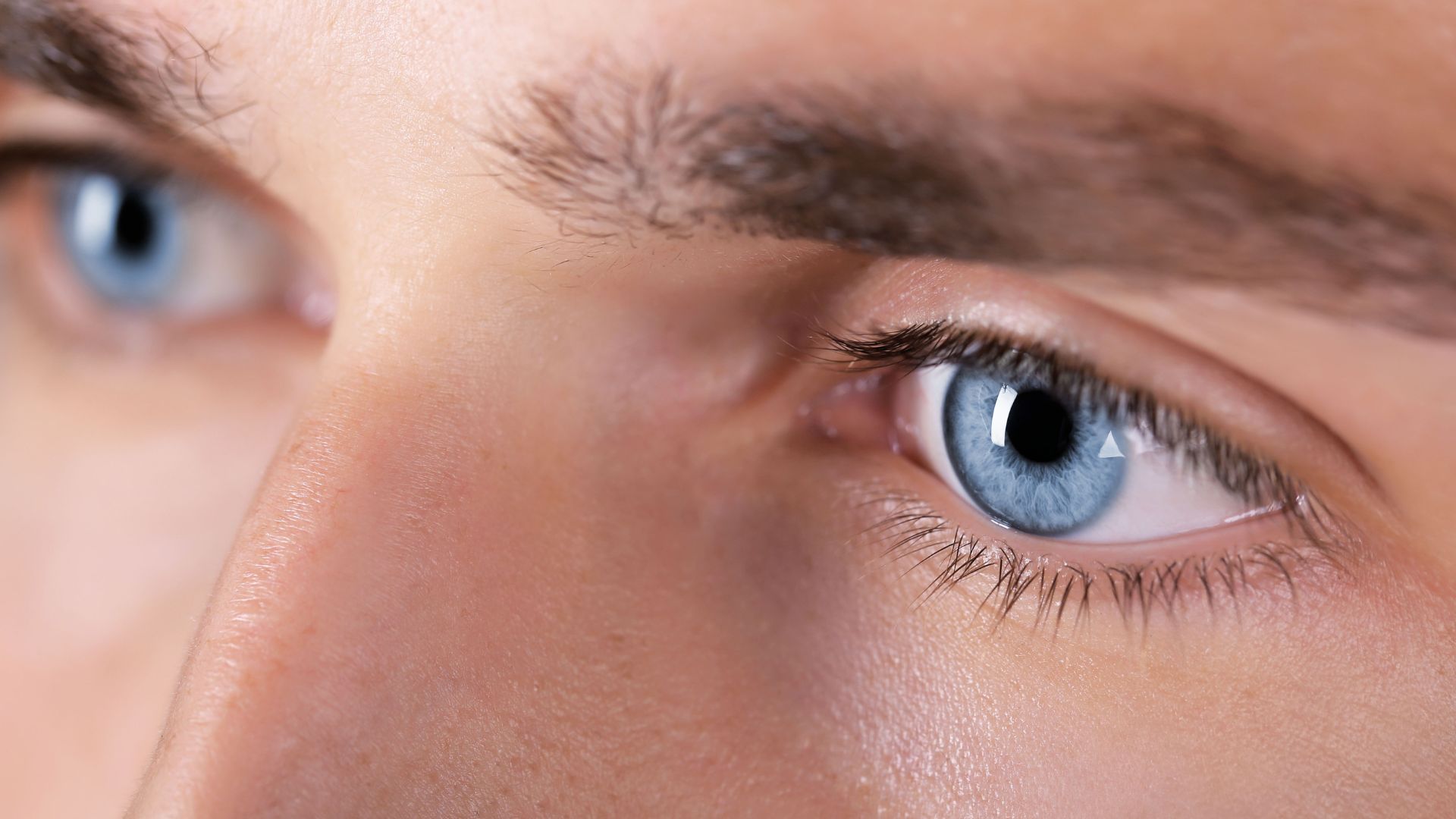
In Mississauga and Peel, you get top-notch eye care. It’s all about catching vision problems early. Knowing when to get checked is key.
When to Seek Professional Care
The Ontario Ministry of Health says adults over 50 should get eye exams every two years. But, if you’re at high risk, you might need more frequent checks. Look out for signs like losing side vision or sudden eye pain. These are red flags that need quick doctor visits.
Ontario Screening Guidelines by Age
- Ages 40-49: Get a baseline exam and talk about your risk factors.
- 50+: Have a full test every two years.
- 65+: Get checked every year to catch problems early.
High-Risk Group Recommendations
- First Nations/Inuit/Métis patients
- Those with diabetes or high blood pressure
- People with a family history of glaucoma
Why Choose Ideal Eyecare
Our Mississauga clinic uses the latest tech for glaucoma care. We offer care that fits you, with staff who speak both English and French. We’re here for Peel’s diverse community.
Our Mississauga Clinic’s Diagnostic Suite
- Optical coherence tomography (OCT) scans
- Automated visual field testing
- 24-hour IOP monitoring systems
Same-Day Emergency Assessments
If you have sudden glaucoma symptoms like bad headaches or vision changes, we’re here for you. Our on-call optometrists can see you right away. This helps avoid serious vision loss.
Schedule Your Screening Today
Don’t wait for symptoms to get worse. Call Ideal Eyecare at (905) 507-9752 to book your glaucoma check. We offer evening and weekend times.
Conclusion
Spotting glaucoma early is key to avoiding permanent vision loss. Cleveland Clinic research shows that 90% of vision loss can be stopped with early action. Ideal Eyecare uses advanced tools like optical coherence tomography (OCT) to catch changes before symptoms show.
Regular eye checks are essential, whether you live in Peel Region or have risk factors like diabetes. In Mississauga, tailored treatments include drops, laser therapy, and lifestyle changes. These methods help slow the disease’s progress, keeping you active every day.
Don’t wait to protect your eyes. Book a detailed scan at Ideal Eyecare today. Our clinic follows global standards, using precise imaging to check optic nerve health. Early detection not only saves your sight but also lets you drive, work, and live life to the fullest.

